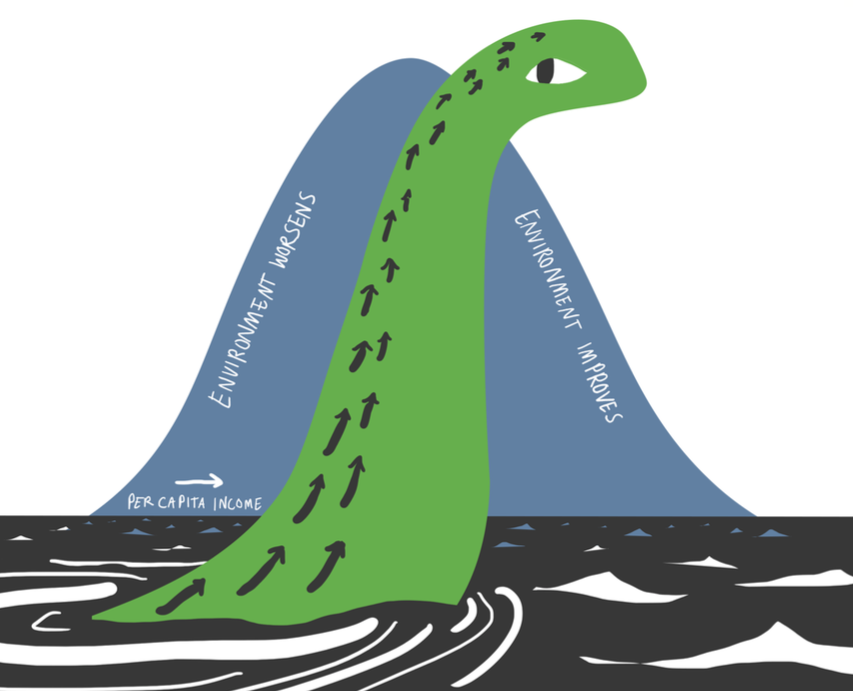 In the past year we have launched a survey worldwide for mapping degrowth realities in the world. 114 organisations answered to the call, with nearly 3,000 active people engaged, mostly located in Europe but also in North and South America, Philippines, Tunisia, Turkey, etc. On August 20th 2018, some members from each of them met for the first time in Freetown Christiania (Copenhagen, Denmark). We exchanged good practices around ecological sustainability and social equity, discussed about the future of the planet, and initiated several international working groups (activists and practitioners; researchers; politics; artists; collective actions; communication; education; etc.) that later met throughout the 6th international degrowth conference, which took place in Malmo, Sweden (August 21-25). In the upcoming months, such groups will work in order to provide opportunities for many people in the world to engage in the degrowth movement locally as well as to diffuse degrowth (theoretically and practically) in their own habitats. As an example, the 1st June 2019 we will launch the “Global Degrowth Day - Good Life for All”, with multiple actions all over the world (further information will be available soon).
Everyone is welcome to join and animate such groups (you can find attached the call for activism and research groups)!
Here you can find the map of the first degrowth realities in the world: https://map.degrowth.net. In the future the map will be automated. Until then, if your organisation wants to be mapped, please fill the survey.
At the same time, you can find an index to get in contact with the groups, as well as a set of tools for communication and collaboration on https://degrowth.net/.
For further information about how to get involved please visit https://degrowth.net/act or write to activism@groups.degrowth.net
The Support Group of the international degrowth conferences
(pro tempore facilitator of this process)
In the past year we have launched a survey worldwide for mapping degrowth realities in the world. 114 organisations answered to the call, with nearly 3,000 active people engaged, mostly located in Europe but also in North and South America, Philippines, Tunisia, Turkey, etc. On August 20th 2018, some members from each of them met for the first time in Freetown Christiania (Copenhagen, Denmark). We exchanged good practices around ecological sustainability and social equity, discussed about the future of the planet, and initiated several international working groups (activists and practitioners; researchers; politics; artists; collective actions; communication; education; etc.) that later met throughout the 6th international degrowth conference, which took place in Malmo, Sweden (August 21-25). In the upcoming months, such groups will work in order to provide opportunities for many people in the world to engage in the degrowth movement locally as well as to diffuse degrowth (theoretically and practically) in their own habitats. As an example, the 1st June 2019 we will launch the “Global Degrowth Day - Good Life for All”, with multiple actions all over the world (further information will be available soon).
Everyone is welcome to join and animate such groups (you can find attached the call for activism and research groups)!
Here you can find the map of the first degrowth realities in the world: https://map.degrowth.net. In the future the map will be automated. Until then, if your organisation wants to be mapped, please fill the survey.
At the same time, you can find an index to get in contact with the groups, as well as a set of tools for communication and collaboration on https://degrowth.net/.
For further information about how to get involved please visit https://degrowth.net/act or write to activism@groups.degrowth.net
The Support Group of the international degrowth conferences
(pro tempore facilitator of this process)
This map shows degrowth realities world-wide. They have registered themselves as part of survey launched by the international Degrowth Support Group in 2017. Until August 2018, 114 organisations answered the call, with nearly 3,000 active people engaged. The groups are mostly located in Europe, North and Latin America, but there are also some in Asia. You can get more information and the group's contact by clicking on the green icon.

If making the degrowth case was like baking a cake, disproving the plausibility of green growth would be the equivalent of turning the oven on. Decoupling is only “a myth” or “a fantasy,” some would say, a notorious fallacy that requires as much attention as the confabulations of Flat Earthers. And yet, faith in decoupling is strengthening in environmental agendas all around the world, includin...

The wider degrowth-community is asked to participate in a short survey on sustainable mobility which should not take more than 10-15 minutes: The results will be used as a part of Justin Hyatt´s academic work at the Institute for Housing and Urban Development Studies (IHS), Erasmus University, Rotterdam (Netherlands). It is also intended to publish and widely disseminate a separate report. ...

In order to facilitate the transition towards a postgrowth or even degrowth economy, further research on alternative ecoomic and social models is utterly important, as we have no working models of non-growing economies at the moment. However, despite the urgency of this matter, progress in this direction is slow. Large amounts of research-funding are directed towards "green growth" and other...